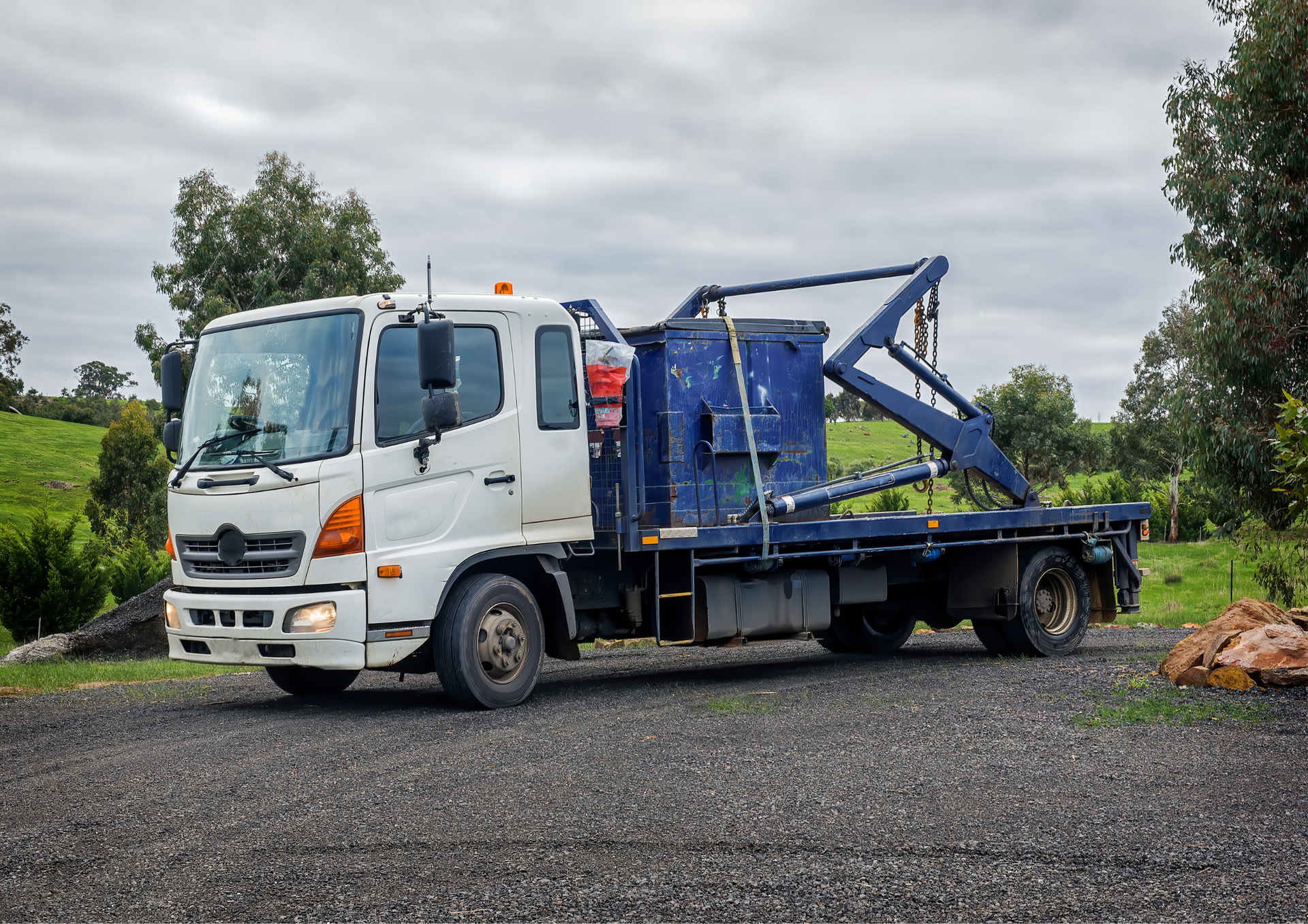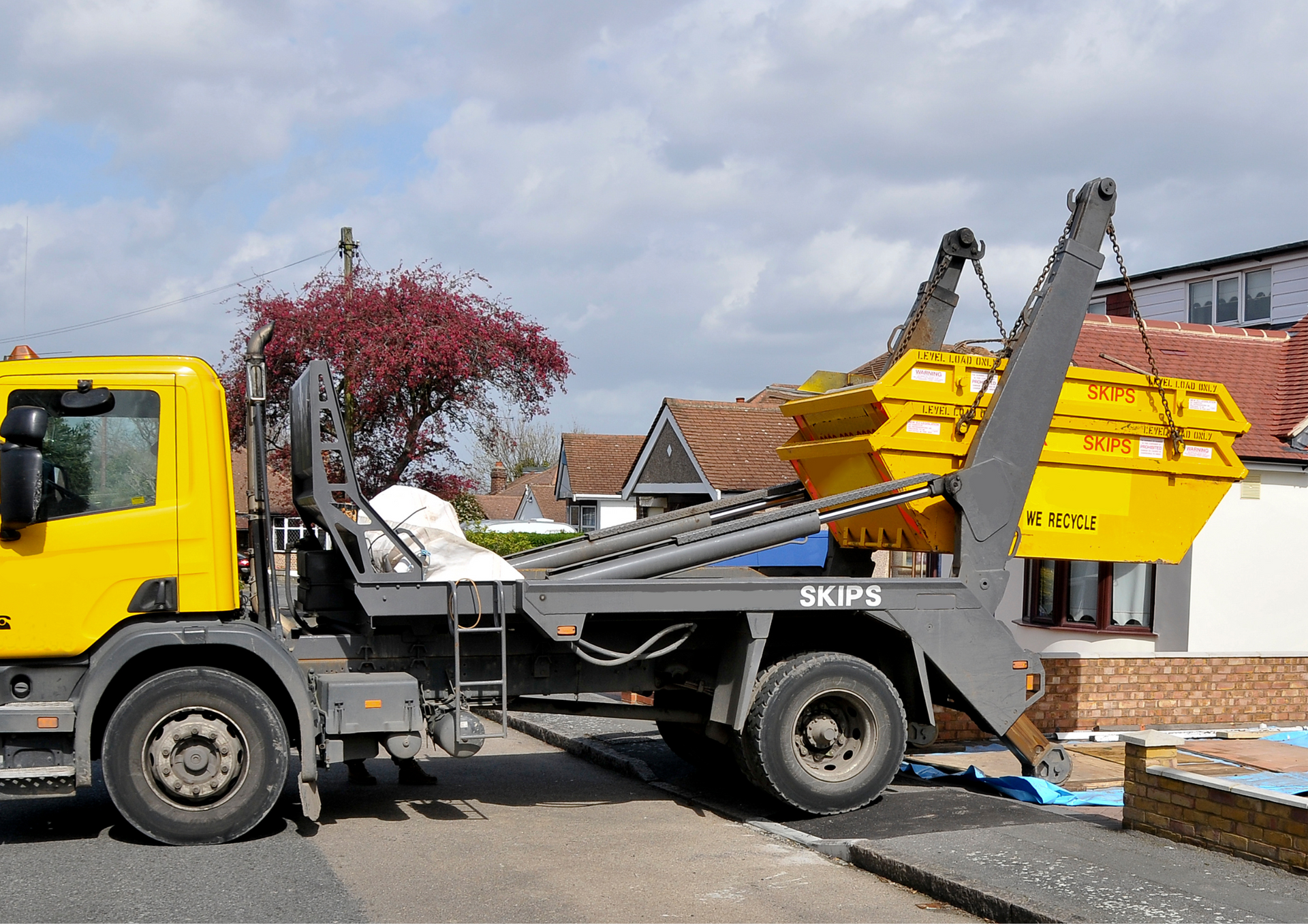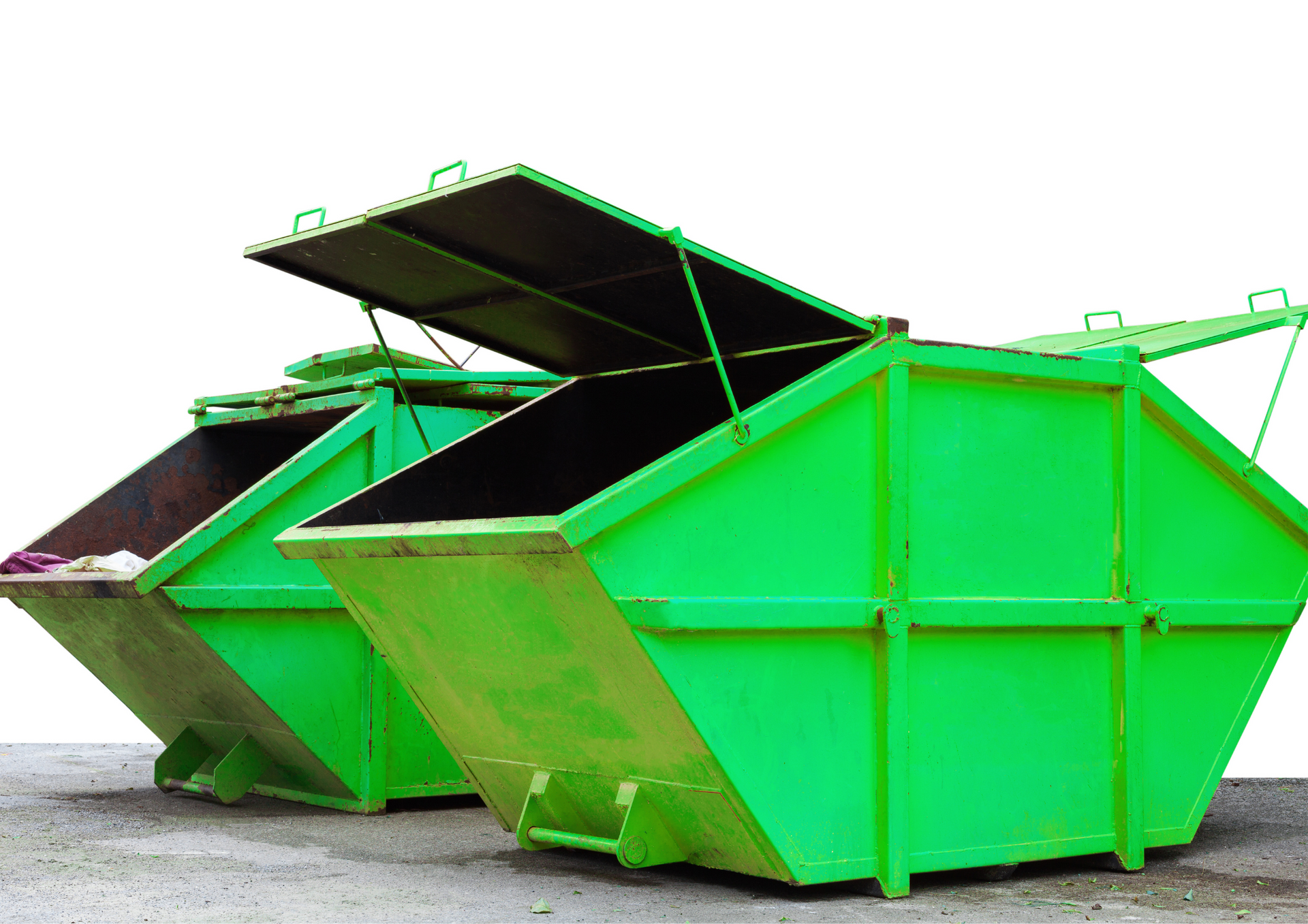Skip Hire: Top 5 Common Mistakes to Avoid
When it comes to managing waste for home or business projects, skip hire is one of the most convenient and efficient solutions. However, there are several common mistakes people make when hiring a skip that can lead to unnecessary expenses, delays, or legal issues. Whether you’re clearing out a garden, renovating a property, or managing waste on a larger scale, avoiding these pitfalls can save you time and money.
Here are the top five mistakes to avoid when hiring a skip.
1. Choosing the Wrong Skip Size
One of the most frequent mistakes is hiring a skip that’s either too small or too large for your needs. A skip that’s too small will require additional hires to accommodate excess waste, increasing costs and causing delays. On the other hand, hiring a skip that’s too large means you’re paying for unused space.
Tip: Assess the type and volume of waste your project will generate. For small projects like garden clearances, a mini skip might suffice, while larger construction projects may need a builder’s skip. If you’re unsure, ask the skip hire company for advice on choosing the right size.
2. Failing to Consider Access Requirements
Many people overlook access requirements when you hire a skip, leading to logistical challenges during delivery and collection. Narrow driveways, restricted parking areas, or even overhanging trees can make skip placement tricky or impossible.
Tip: Ensure the delivery site has sufficient space for the skip and the delivery vehicle. If space is tight, inform the skip hire company in advance so they can make appropriate arrangements.
3. Ignoring Local Regulations and Permits
If you plan to place your skip on public property, such as a road or pavement, you’ll likely need a permit from your local council. Failing to obtain the required permit can result in fines or even the removal of the skip.
Tip: Always check with your skip hire company about the need for a permit. Reputable companies will help you navigate the permit process or arrange it on your behalf.
4. Disposing of Prohibited Items
Not all waste is suitable for skips, and many people make the mistake of disposing of prohibited items. Commonly restricted materials include hazardous waste (e.g., asbestos), electrical items, tyres, batteries, and paint. Placing these items in a skip can result in additional charges or refusal of service.
Tip: Familiarise yourself with the list of prohibited items provided by your skip hire company. For restricted materials, explore alternative disposal methods, such as recycling centres or specialist waste collection services.
5. Booking Too Late or Not Planning Ahead
Leaving your skip hire arrangements until the last minute can lead to limited availability or higher costs. This is especially problematic during peak seasons when skips are in high demand.
Tip: Plan your skip hire well in advance. This ensures you get the right skip size at the best price and avoids delays to your project. Early booking also gives you time to address potential challenges, such as obtaining permits or preparing the site.
Avoiding these common mistakes can make your skip hire experience smooth, cost-effective, and hassle-free. Always choose the right skip size, ensure access requirements are met, follow local regulations, dispose of waste responsibly, and book early to secure your skip. By taking these steps, you’ll save time and money while ensuring your waste management process runs seamlessly.
At Skip Hire Derby, we’re committed to providing exceptional skip hire services tailored to your needs. With a wide range of skip sizes, expert guidance, and a focus on eco-friendly waste disposal, we help you avoid these common pitfalls. Our team ensures a hassle-free experience, whether you’re tackling a home renovation or managing commercial waste. Contact us today to learn how we can support your next project.
Check our GBP update about the top 5 common mistakes to avoid when you hire a skip.
You might also like
Service Areas
Give us a call today!




